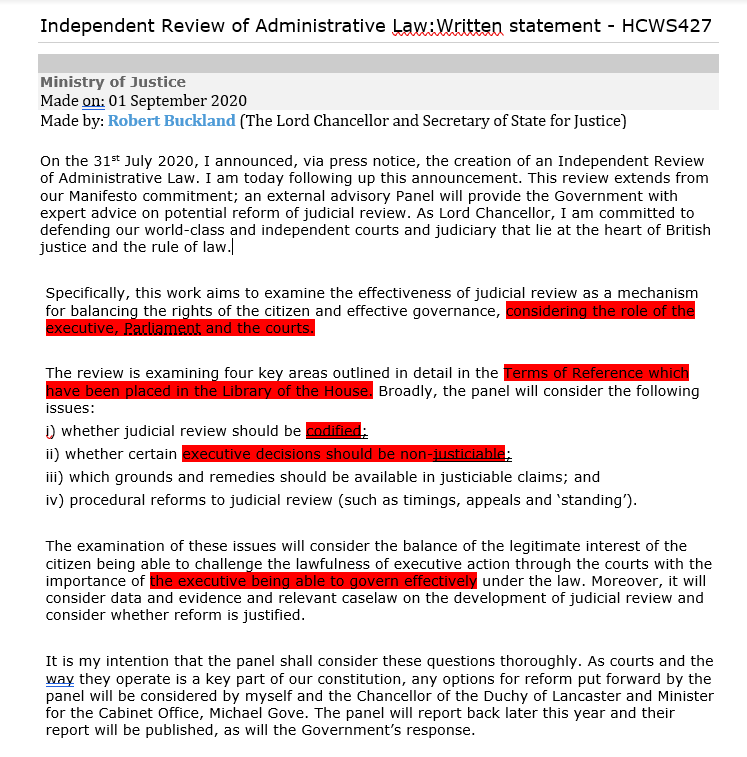…qu’est-ce que c’est?

For the benefit of the confused – and, frankly, who isn’t these days – the NHS Track and Trace “system” is no such thing. The CJJ “government” slapped the NHS logo on a privatised service run by various companies with no previous Public Health experience or expertise. Here are the villains of the piece:
Sitel
Sitel is a US company, headquartered in Florida, which runs the T&T call centre. They call their core business “Customer Experience Management” which they seem to like to abbreviate to “CX”. They work across a wide range of industry sectors and their expertise seems to be call management. Their website is full of bullshit management speak like “omnichannel customer service solution” and “incomplete or stretched channel strategies”. Obviously, halfwit impressionable people like Matt Hancock find this all very exciting.

So, how well are they performing? Assuming that the call centre is the original point of contact for those with positive Covid test results, activity since June has risen from around 4300 per week (73% of positive cases given) to nearly 13,000 in early September (83%). Although they seem to be learning on the job, Sitel are still failing in the relatively straightforward task of making contact with one out of six of the people on a list.
Serco
Serco (of escaped prisoners and invoicing for dead people’s security tags fame) manage the contact tracers. Here’s an example of one of Serco’s earlier failures working for the Home Office on immigrant removal centres such as the notorious Yarl’s Wood in Bedfordshire. To give a flavour: one incident there in 2018 involved 100 women going on hunger strike in protest at their detention and treatment by Serco staff. The company even denied that the strike was happening. So, transparency not great then.

Serco have made their fortunes hoovering up former public sector work privatised by successive Tory governments. Its CEO was paid £4.5m in 2018 (the most recent I could find). No wonder Boris Johnson complains he can’t manage on a measly £150,000 as Prime Minister!
So, how good a job are they doing at contact tracing? The trend figures are as follows: in June, around 91% of positive cases’ contacts were reached, this has fallen erratically to 74% in early September, having been below 70% for much of September. So the overall system over the 3-month period has found 62% (i.e. 78% of 80%) of potential contacts, well below the target of 80% to be effective.
Deloittes
The other main player bringing the name of the NHS into disrepute is Deloittes, one of the Big Four auditor firms who, like their three competitors, suffer a massive conflict of interest by making most of their profits from consultancy work – much of it for the UK government. Their main task is to coordinate – don’t laugh – the so-called “pillar two” laboratories: the “Lighthouse Labs”. My observation of lighthouses over the years is that they provide a brief flash of light, then all is darkness for most of the time before the next flash. Seems an appropriate name.
The pillar two labs are run by a mixture of private companies and universities. The ramp-up has been considerable: three labs initially, currently five, with four more planned. The reality has been a fiasco. And, sadly, all too predictable. Schoolchildren returned to school in early September (in England), the government has been exhorting people to return to work and to “Eat Out to Help Out”. All of these led to a lot more social mixing and a lot more opportunities for the virus to spread. Just a few short weeks ago, Hancock was advising everyone, if they had “any doubt”, to get tested. Then, just a few days ago, the same Matt Hancock was blaming the public for too many of them coming forward for tests. The press reports of people booking tests – if they could get one – hundreds of miles away are well reported elsewhere. Matching test sites with available slots to geographically close people who need tests seems beyond the capability of the government’s chosen contractor.

The number tested has been increasing. On the government’s own figures, the number of tests has increased by 57% since June. The official figures mix up those tested for current virus infection with antibody tests (which show past infection). So the volume figures must be treated with caution. But, to be of any use, test results must be turned round quickly: within 24 hours or even less. This is because people can pass on their infection before any symptoms show: this has been the particularly dangerous feature of this virus.
Here, it all gets a bit complicated – presumably deliberately – by a government keen to obfuscate things. We need to get into the world of pillars. No, not pillocks, but you could be excused. Pillar 1, in the public sector, is, roughly speaking done by NHS staff on NHS staff or key workers. Here, there’s good news: around 90% of test results are returned within 24 hours. Pillar 2 is the private sector work done on the rest of us: the general public. On speed, it’s mostly bad news. Using government figures, the proportion of Pillar 2 test results received in 24 hours in early September was only 58% at a “permanent” site and 69% at the mobile “pop-up” centres. Only 17% of home tests get test results within the target 48 hours; for “Satellite” (basically Care Homes) it’s a pathetic 8%, taking an average of 83 hours – half a week – for Care Home managers to get test results. In mid-June, they were averaging 28 hours. No wonder Care Home managers and staff are complaining again!
Keir Starmer’s comment that the government has “lost control” of testing seems entirely fair comment.
Public and Private
There’s worse. These figures actually flatter considerably the performance of the private sector companies. Wikipedia talks coyly of the privatised system working “in parallel” with experienced contact tracers working in local government for Directors of Public Health. These are the people who actually know what they’re doing with expertise built up in the public sector over many years, dealing with flu, AIDS and sexually transmitted diseases. The public sector figures are combined with the private companies in the performance statistics. And, surprise surprise, the public sector people do a much better job: 93% of contacts reached compared to only 61%.
I used the word “coyly” in the last paragraph. The truth is that the centralised, privatised system set up by Hancock and co. has, for the most part, treated the local PHE teams as their enemies, starving them of vital information for them to do their job. Central government has had to be dragged kicking and screaming into cooperation with local authority Public Health staff. A local mayor told me of the extreme difficulty he had getting the information his PH people needed to keep his local population safe.
A further example was when the Deloittes logistics people sent, literally, an army of military staff to set up a mobile testing centre in the middle of a West Midlands town. The local Director of Public Health was given no prior warning, the exercise led to pitifully few tests – there was even talk of soldiers accosting people in the street to take a test, to boost the numbers reported by Hancock. The exercise caused traffic havoc and the DPH spent much time and effort to get a more workable solution.
In fact, my understanding is that the contract specifications signed with the private companies were not even designed to feed actionable data to local PHE teams. Dogma and a blinkered approach in Westminster led to serious – and deadly – fragmentation.
Isle of Wight on the Night
Oh, and the NHS Track and Trace app worked well, didn’t it? Version 2, totally redesigned, is due for launch tomorrow, but it seems to be a secret for now. So, not world beating, then – again.
Fragmented, Disjointed

As you will see above, a system as fragmented as this is bound to fail. Compare, for example, Germany’s much more successful approach, building on an existing regional expertise in public health.
But there is another, more fundamental, way where there is a discontinuity. Back in 2016, I wrote a blog post entitled In Praise of Public Service Values. The main point I want to emphasise from that post is this. When providing a public service in the public sector, everyone in the organisation has broadly the same purpose: to provide the best possible service to the public. If that service is privatised, those at the top are more fixated on short-term profit and the company’s share price. Somewhere between the bottom and the top, messages – and priorities – get mixed and confused. No wonder that privatisation of “naturally” public services nearly always leads to a worse service.
Dido, Queen of Carnage
And presiding over all this is Dido “Dodo” Harding, Tory peer and general waste of DNA. I’m deeply indebted to the brilliant Guardian journalist Marina Hyde for the above formulation in the paragraph header. For the less-well classically educated (which includes me), I have included a link here which explains the joke. (For good measure, Christopher Marlowe, one of Shakespeare’s contemporaries, wrote a play about her.)
But note this: don’t let the useless, incompetent buggers like Dido/Dodo, Sitel, Serco, Deloittes and their army of sub- and sub-sub-contractors sully the reputation of Our NHS. During this Second Wave, it needs more than just our applause.
Talking Heads
On Monday, medical advisers Chris Whitty and Patrick Vallance had their own TV programme to explain to us all just how fucked we were as a country and how careful we must be over the next 6 months. I confess I did not have the stomach to watch Johnson confuse the whole thing the next day with his incoherent babble. I’m up to HERE with mixed messages.
So, in summary, I add:
Fa-fa-fa-fa-fa-fa-fa-fa-fa-far better
Run, run, run, run, run, run, run away oh oh oh oh
Yeah yeah yeah yeah!






